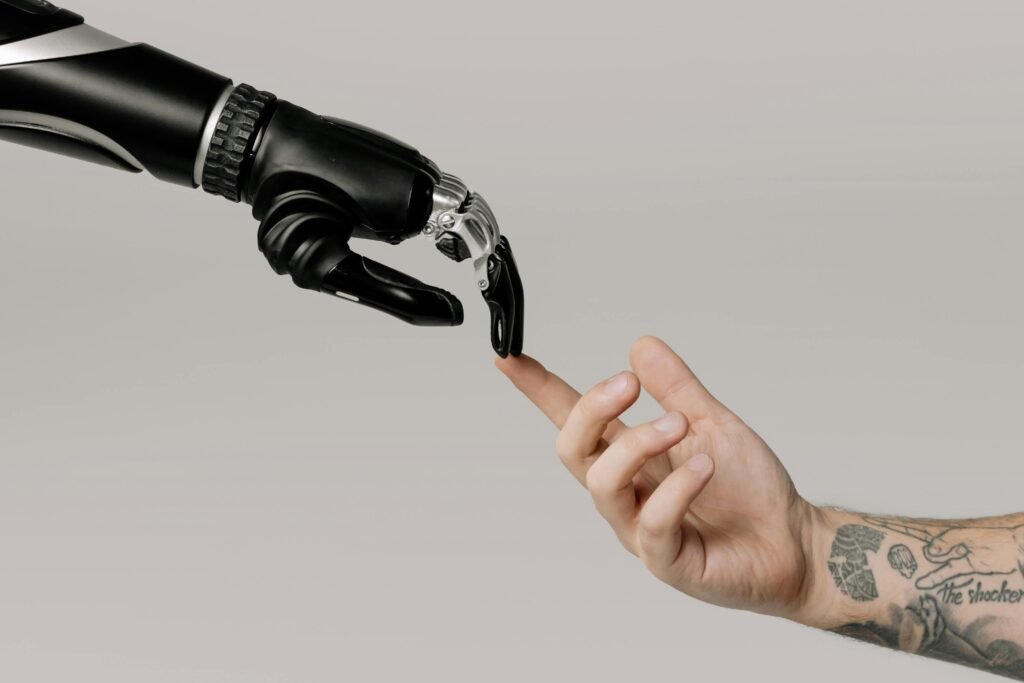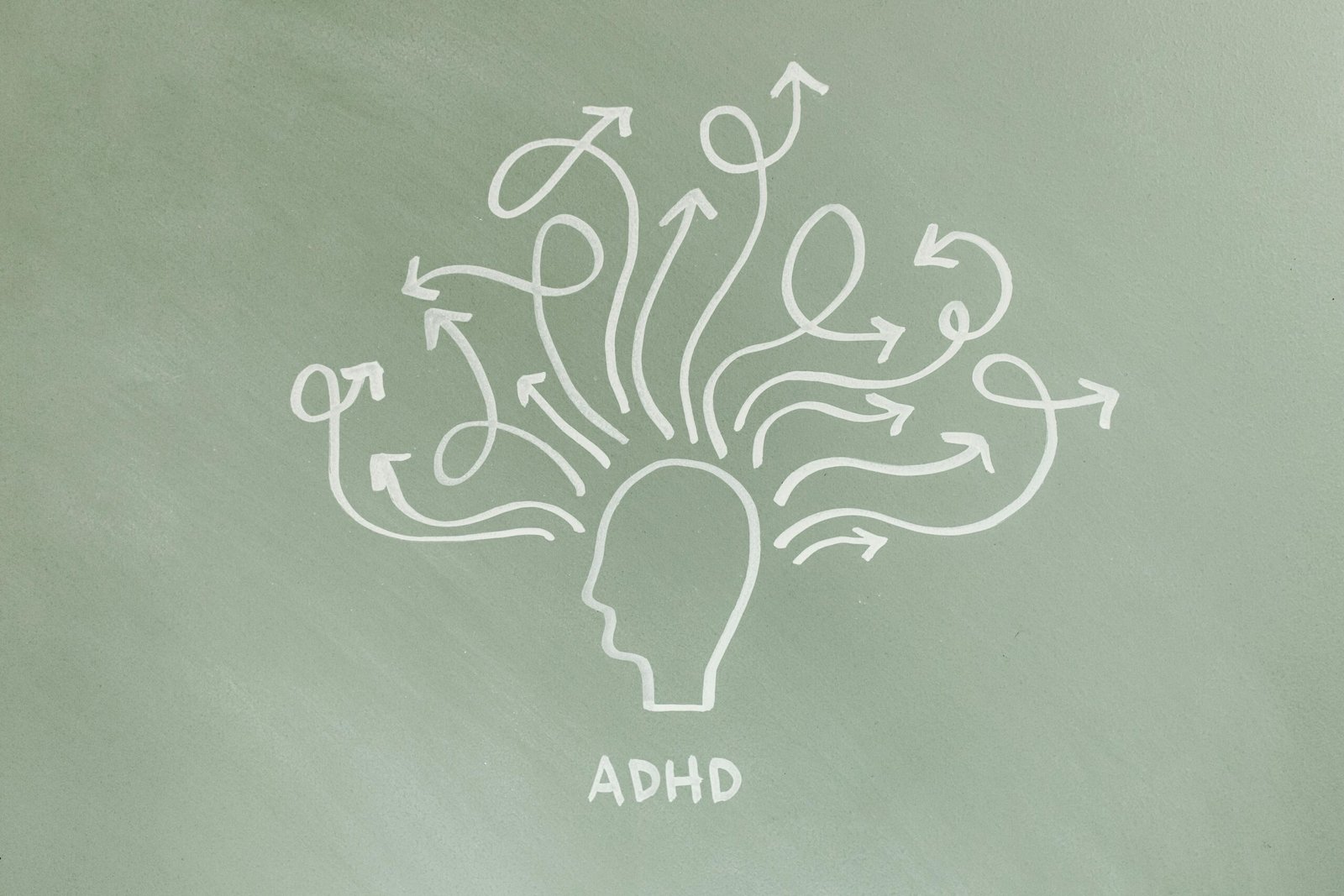How AI Will Change the Future of Work: Opportunities and Challenges
Artificial intelligence (AI) is rapidly changing the world around us, and one of the most significant impacts it will have is on the future of work. From automating tasks to creating new job opportunities, AI is set to revolutionize how we work and what we do. But what does this mean for you and your future career? Let’s explore the exciting possibilities and challenges that AI brings.
AI and Job Automation
AI is incredibly good at doing repetitive tasks that humans often find boring or time-consuming. This means that many jobs, especially those involving routine work, might be automated in the future. According to a report by Goldman Sachs, AI could replace the equivalent of 300 million full-time jobs globally by 2030[1]. However, this doesn’t mean that AI will only take jobs away; it also has the potential to create new ones.
Imagine a world where machines handle all the paperwork and data entry, freeing up humans to focus on creative and problem-solving tasks. This is exactly what AI can do. It can help us work more efficiently and focus on the things that make our jobs more enjoyable and fulfilling.
New Jobs and Opportunities
While AI might replace some jobs, it will also create new ones that we can’t even imagine yet. For example, AI has given rise to roles like AI developer, data scientist, and AI ethicist. These jobs require people to work alongside AI systems to ensure they are fair, safe, and useful.
A study by McKinsey suggests that by 2030, about 14% of the global workforce might need to switch careers due to AI and automation[1]. But this change can be a good thing It means that people will have the chance to learn new skills and pursue careers that didn’t exist before.
Generative AI: The Next Big Thing
Generative AI is a type of AI that can create new content, like text, images, and even videos. This technology is advancing rapidly and could change many industries, from art and design to customer service and education.
For instance, generative AI can help artists create new designs or assist writers in generating ideas for stories. It can also be used in customer service to answer common questions, freeing up human customer support agents to handle more complex issues[3][5].
How AI Will Enhance Work
AI isn’t just about replacing jobs; it’s also about making work better. By automating routine tasks, AI can help people focus on the parts of their jobs that require creativity, empathy, and problem-solving skills.
For example, AI can help doctors analyze medical images more quickly and accurately, allowing them to spend more time with patients. Similarly, AI can assist teachers in grading assignments, giving them more time to teach and mentor students[5].
The Future of Work: Challenges and Opportunities
While AI brings many opportunities, it also presents some challenges. One of the biggest challenges is ensuring that workers have the skills they need to work alongside AI systems. This means that education and training programs will need to adapt to include AI-related skills.
Another challenge is making sure that AI is used fairly and doesn’t widen the gap between those who have access to technology and those who don’t. Governments and companies will need to work together to ensure that AI benefits everyone, not just a few.
What You Can Do to Prepare
So, what can you do to prepare for a future where AI plays a big role in work? Here are a few tips:
- Learn About AI: Start by learning the basics of AI and how it works. There are many online courses and resources available that can help you get started.
- Develop New Skills: Focus on developing skills that AI systems can’t easily replicate, such as creativity, empathy, and problem-solving.
- Stay Curious: Keep an eye on the latest developments in AI and think about how they might affect your future career.
-
Be Open to Change: Be prepared to adapt to new technologies and job roles. This might mean switching careers or learning new skills as you go.
Conclusion
AI is changing the future of work in many exciting ways. While it might replace some jobs, it will also create new ones and make many tasks easier and more efficient. By understanding how AI works and preparing ourselves for its impact, we can ensure that we thrive in a world where technology and humans work together.
References:
[1] https://www.nexford.edu/insights/how-will-ai-affect-jobs
[2] https://seowind.io/blog-post-checklist/
[3] https://www.mckinsey.com/mgi/our-research/generative-ai-and-the-future-of-work-in-america
[4] https://coschedule.com/content-marketing/blog-writing-process
[5] https://www.commerce.nc.gov/news/the-lead-feed/generative-ai-and-future-work

